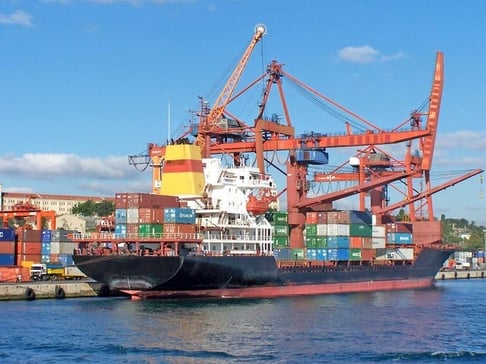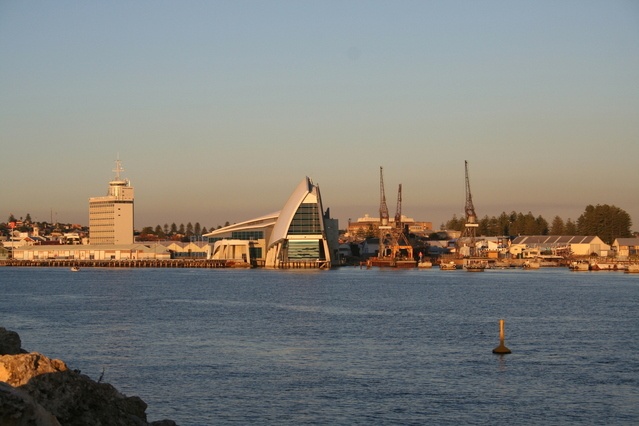The Great Logistical ARMS Race of 2016
Wal-Mart Stores, Inc. has launched a two-day shipping program called "ShippingPass" for shoppers in the United States in response to Amazon's two-day...

Captain Samrat Ghosh and Trudi Hogg of the Australian Maritime College at the University of Tasmania have published a paper stating that belief in the reliability of fully autonomous vessels is unrealistic.
Research in the design and development of fully autonomous and unmanned merchant vessels could reduce human error and provide financial savings through crew salaries and the omission of crew accommodation. These vessels, monitored from land, will require high-quality and reliable communication systems between the unmanned ship and shore. The communication systems are critical for safety and security and will come at a high cost, says Ghosh.
“It is proclaimed that the incidence of human error will be significantly decreased on the unmanned merchant ship,” he says. “However, the onboard technology requires calibration and maintenance by humans and the vessel requires constant monitoring from a shore control room where operators will be interpreting, absorbing and acting on information sent from the ship. Human error risks are not eliminated and the unmanned vessel will face new challenges for safe operation and monitoring, as shore operators seek to obtain awareness of the vessel and its surrounds.”
Ghosh says that even though the technical concepts for unmanned vessel operation are well established, studies on human interaction with the systems are not as prevalent. The maritime and seafaring industry require further evidence of the validation of the technology before the long-term effects of fully automated vessels can be measured, he says.

Wal-Mart Stores, Inc. has launched a two-day shipping program called "ShippingPass" for shoppers in the United States in response to Amazon's two-day...

Geo-political issues effect global economies.These economies directly effect trade which has a trickle - down effect into the logistics and supply...

The manufacturer of household brands, including Persil, Sure and Marmite, has also said it will publish the full range of plastic materials used in...